There is something profoundly satisfying about taking on a DIY garden project, especially when it involves recycling materials that already exist on your plot.
You'd be surprised how much you can do with old logs and pots, wooden pallets, stones and gathered seeds. Make a simple bird feeder or bug house, create your own macramé plant hanger, or put together a drinking station for birds.
If you have a bit more time, why not take on a larger project? Build a green roof, a compost bin or a wildlife pond, perhaps.
From easy garden projects perfect for children and families, and budget-friendly garden crafts for beginners, to big DIY garden projects using old wooden pallets and recycled materials, our list of 20 garden projects has something for everyone.
How to be a green gardener
From planting to creating a wildlife-friendly garden, here is our expert gardening guide to some of the ways you can be a greener gardener.
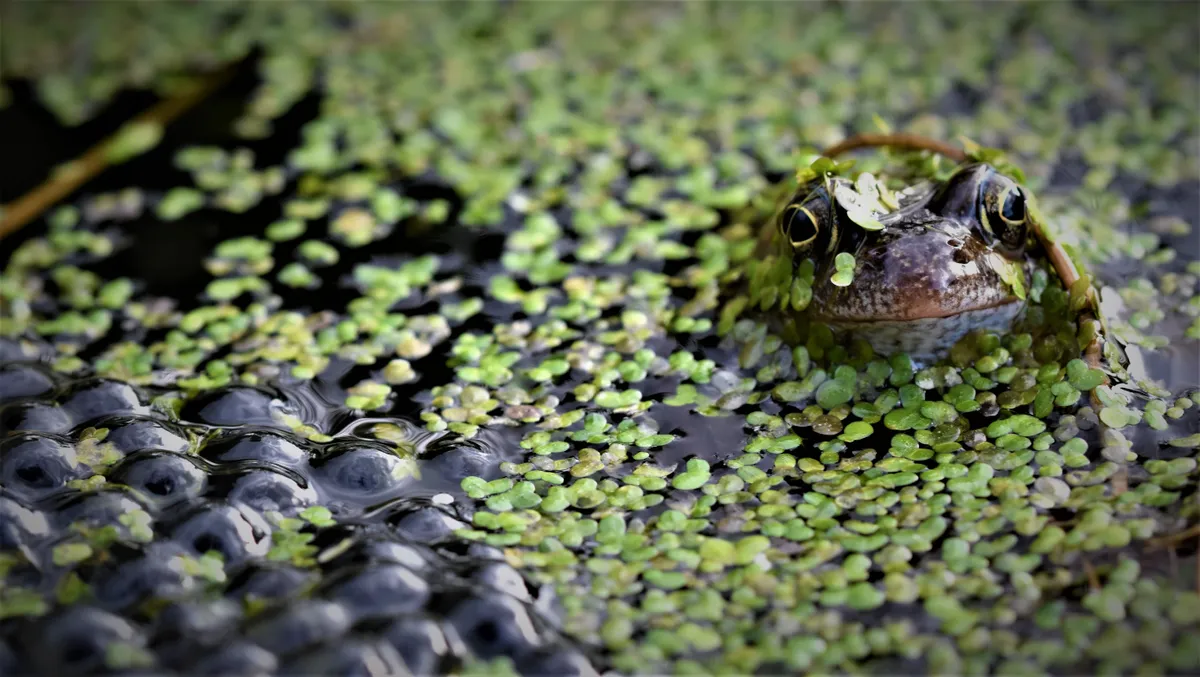
Garden ideas
Make a wildlife pond
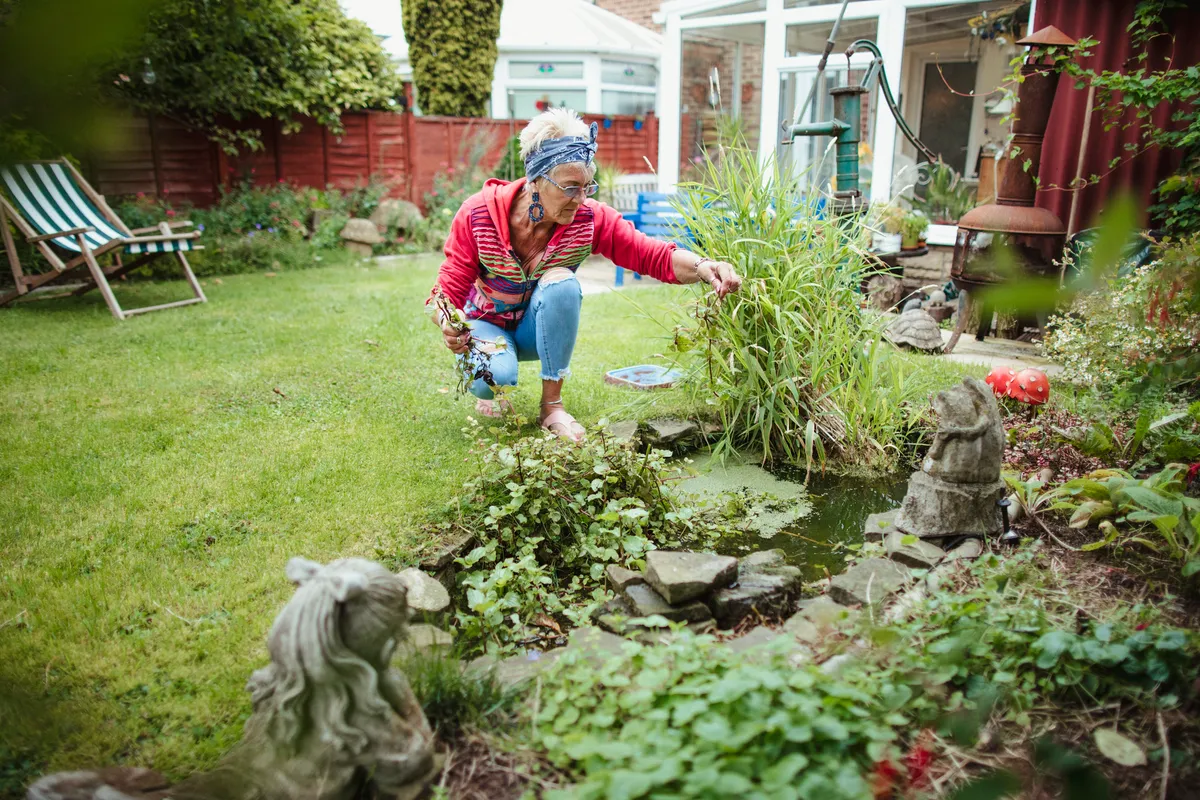
Garden ponds account for 20% of all shallow-pond habitats in urban and suburban spaces in England and Wales, supporting animals such as frogs, newts and dragonflies.
If you don’t yet have a wildlife pond in your garden, then now is the perfect time to begin planning and making your very own garden pond. From designing and locating your new pond, to digging, filling and planting, our guide explores everything you need to get started.
Make a bird feeder
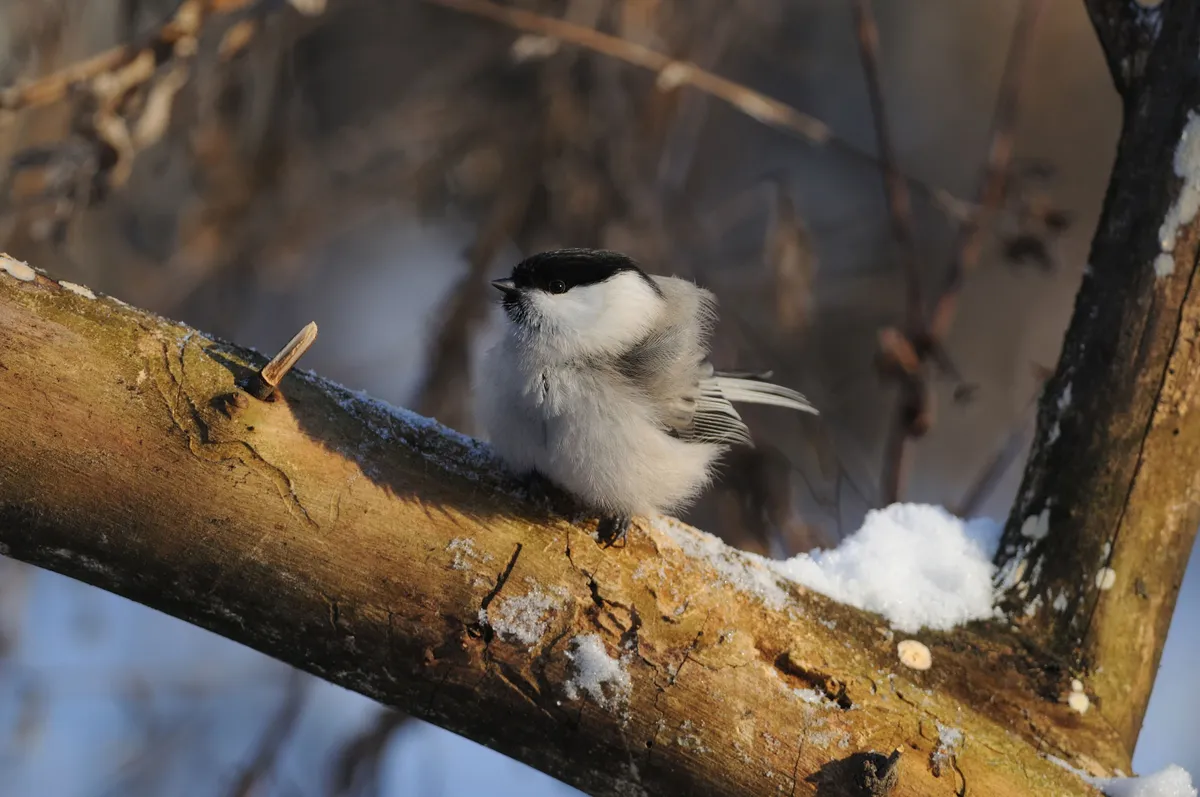
The main thing you need to make this garden bird feeder is an old, sturdy log, which you may find on your daily walk or lying around in you garden. With a few quick drills and screws, the old tree part can become the feeding platform for garden birds.
It’s the perfect project for getting you outside using your hands, with the added value of offering support for local wildlife.
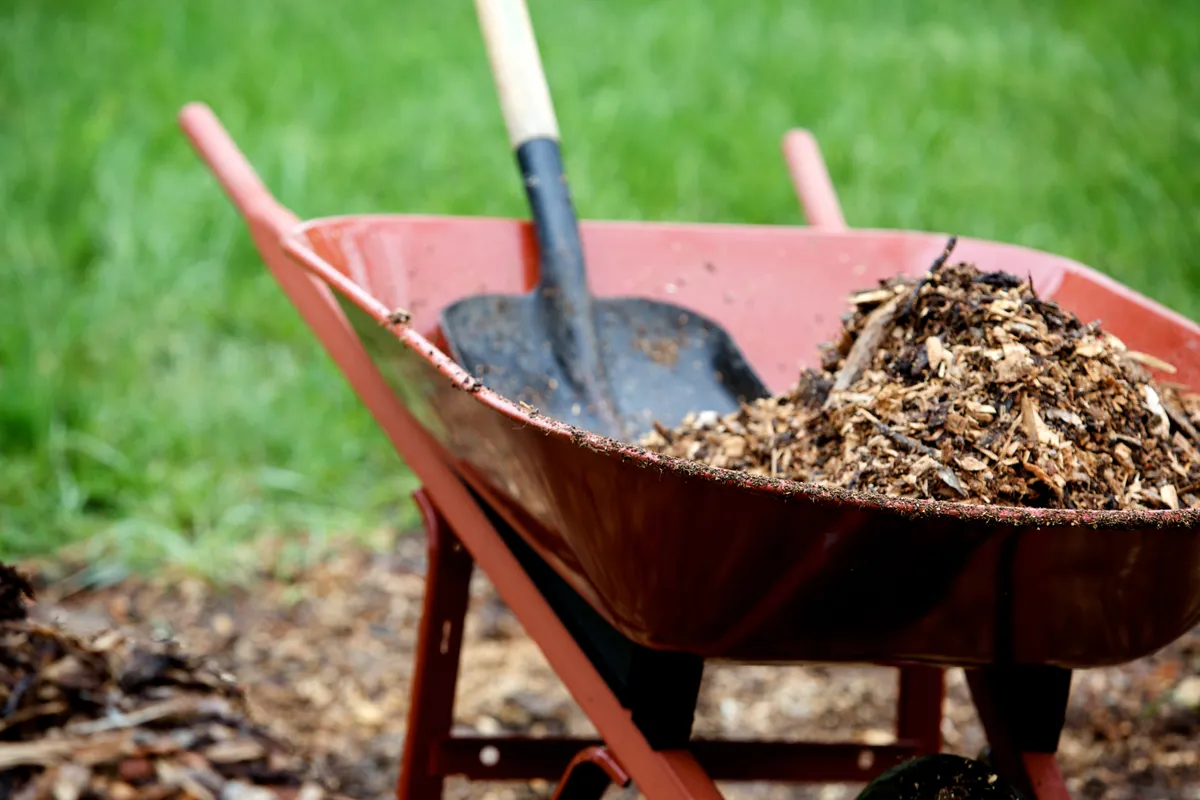
Make a green roof on you shed or bin store
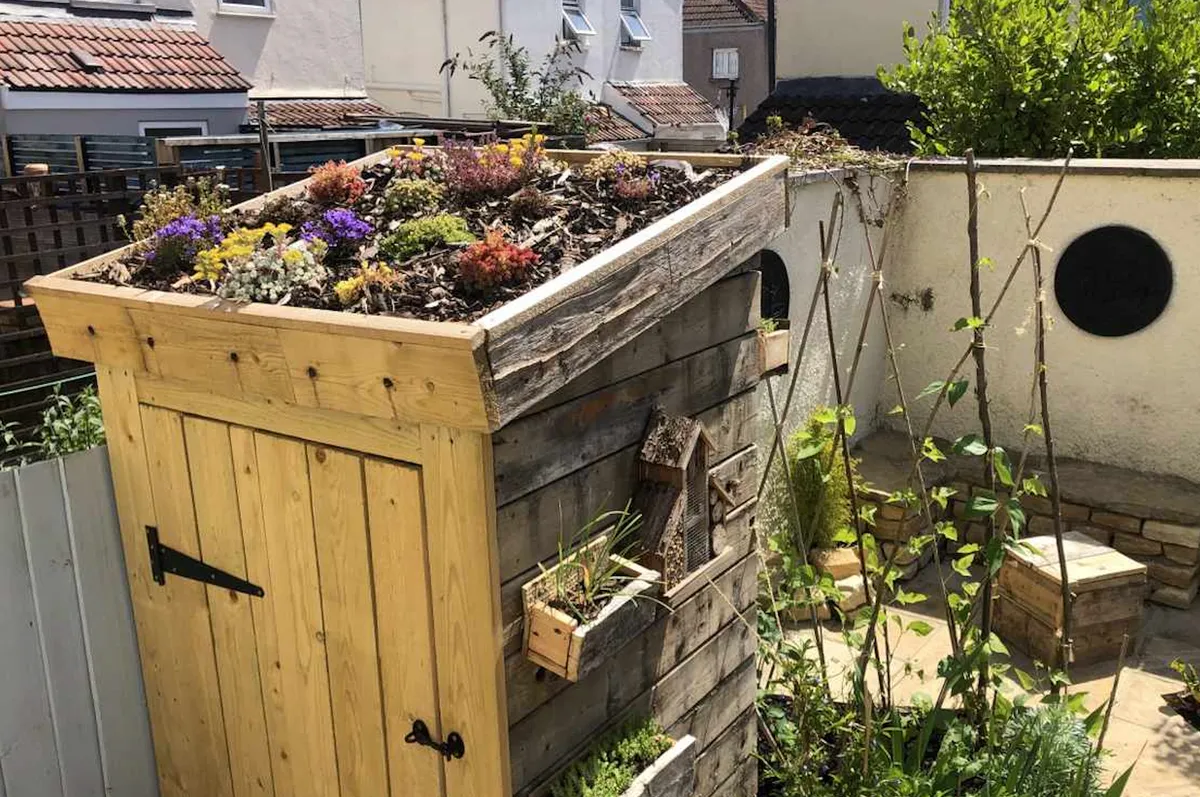
Building a green roof on your garden shed, bike shed or on top of your bin store is a great way to maximise the green space in your garden. This is one of our bigger DIY projects; you may not be able to afford all of the materials listed in our guide, so if necessary use old screws and wood (pallets are an option) – part of the fun is giving it a go and adapting.
Make a macramé plant hanger
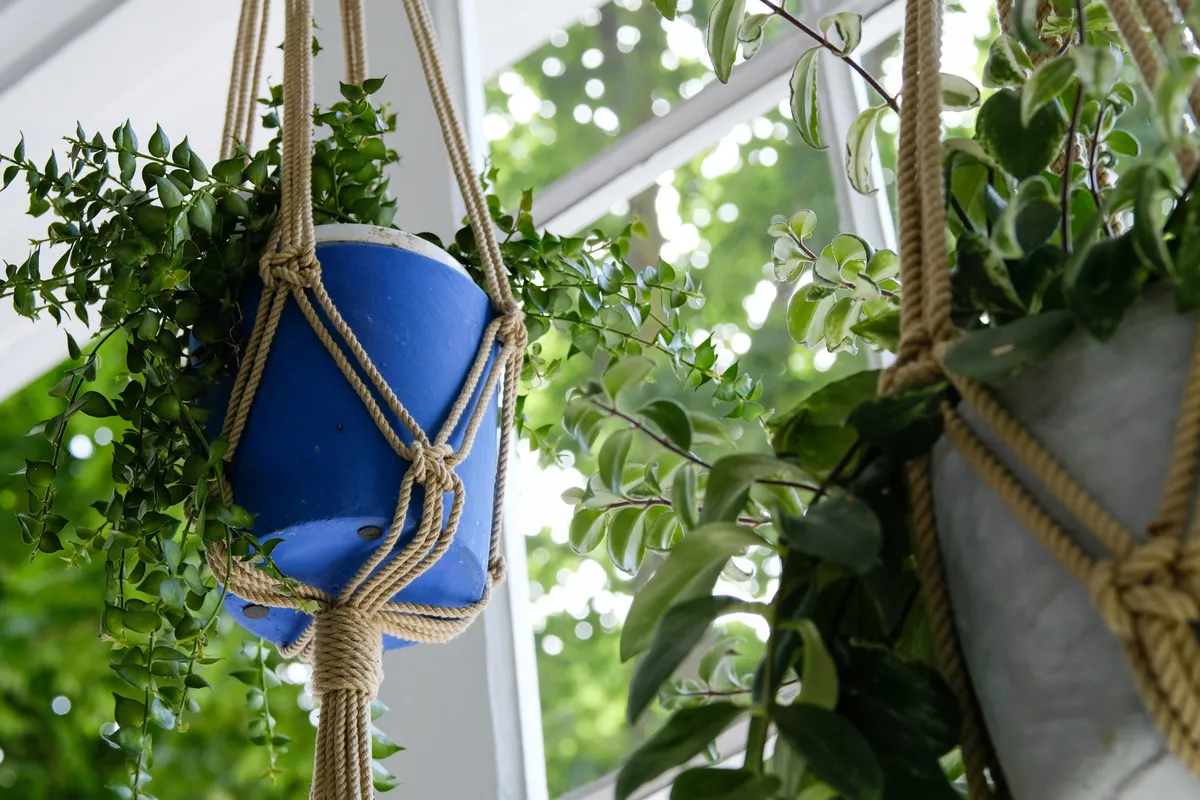
Macramé doesn't just have to be for your houseplants. Why not make one to hang out in your garden, on your balcony or outside your front door? This simple garden project is quick and easy and perfect for kids. It's a great way to use up old string, garden twine or rope and offers an alternative to hanging baskets.
Make a plant obelisk
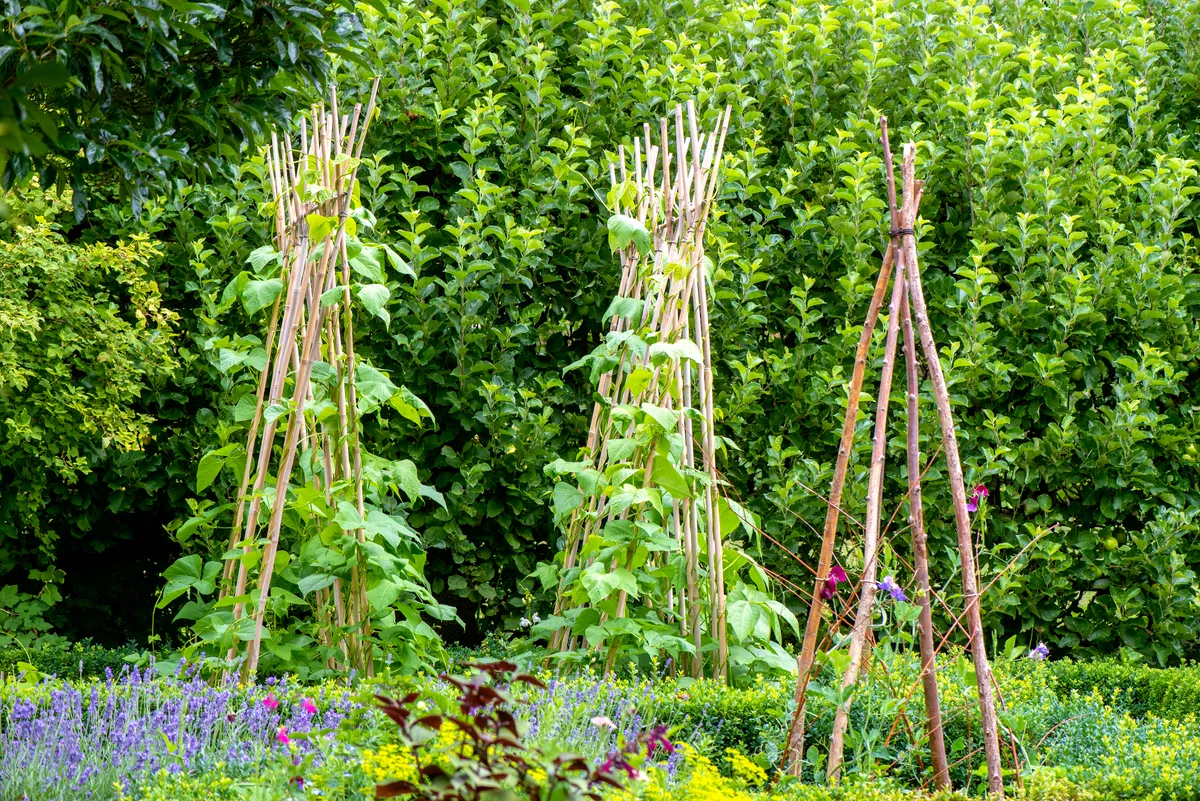
As the growing season gathers pace, any sweet pea seedlings or runner beans you have grown or bought will need to be transferred to their final position in your garden.
They will need support as they grow and winter/early spring is the perfect time to make the structures. This simple, rustic obelisk-shaped structure looks really effective in a mixed bed, and it’s thrifty, too. Edible peas, runner beans, morning glory or clematis can also be trained up your obelisk, and you can make several different sizes to use among your planting.
Make leaf-pressed coasters for the garden

Capture the beauty of leaves in clay and display them in a pretty and practical way around your garden. Once spring arrives you can use them as coasters on your outside table. No matter what time of year, these leaf-pressed coasters are a great way to connect with nature.
Make a bee house
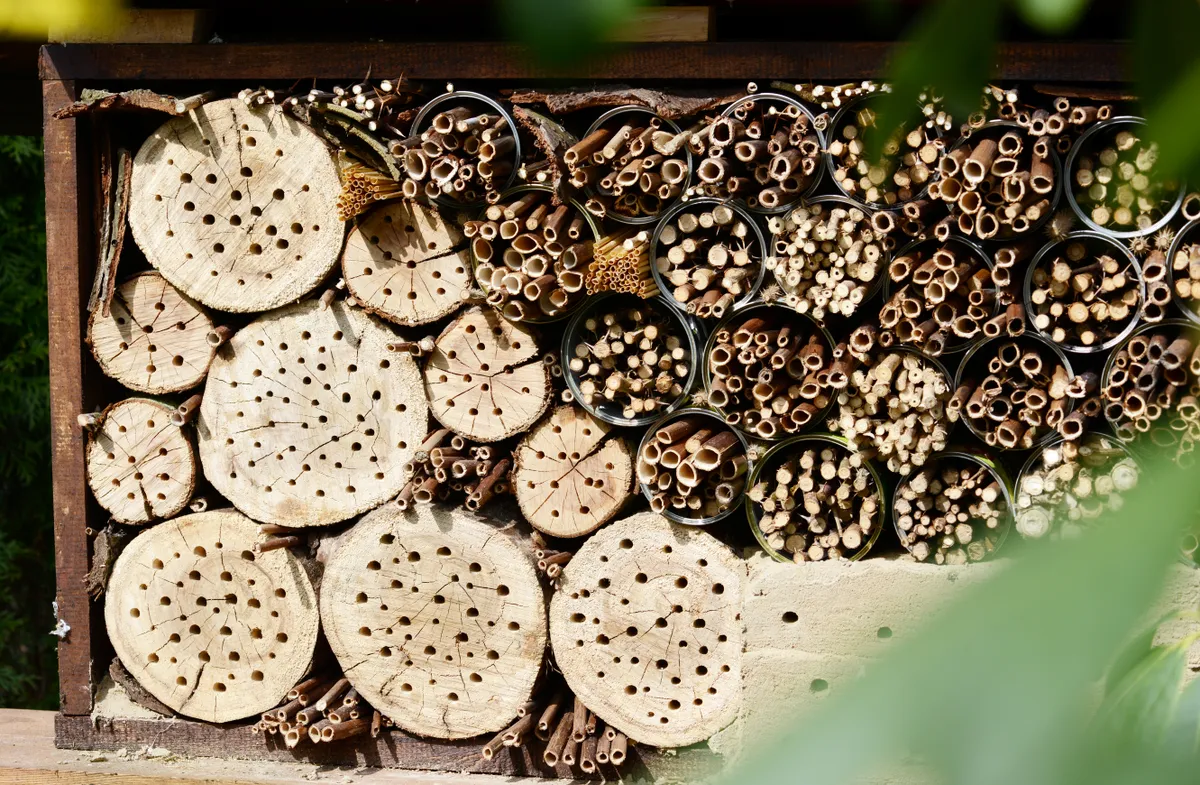
Bee houses are fun and easy to make. Your bee house will be ideal for solitary bees, of which there are over 220 wild species in the UK. These solitary insects do not belong to hives like honey bees, but make their own individual nests for their larvae.
How to make birdseed ornaments
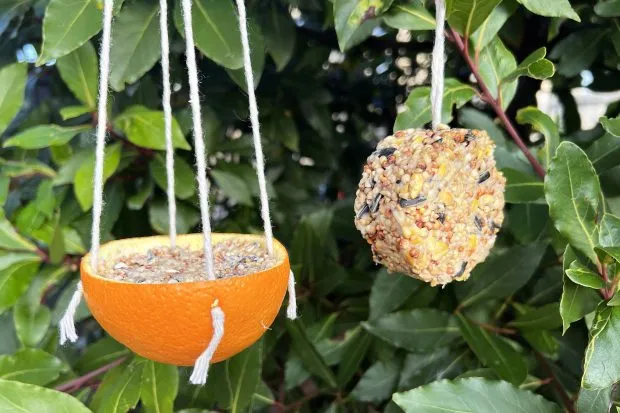
This easy step by step guide explains how to make attractive birdseed ornaments to hang in your garden, balcony or patio. Before you start make sure you have your twine and scissors ready and either a hollowed-out orange or some biscuit cutters.
Make compost
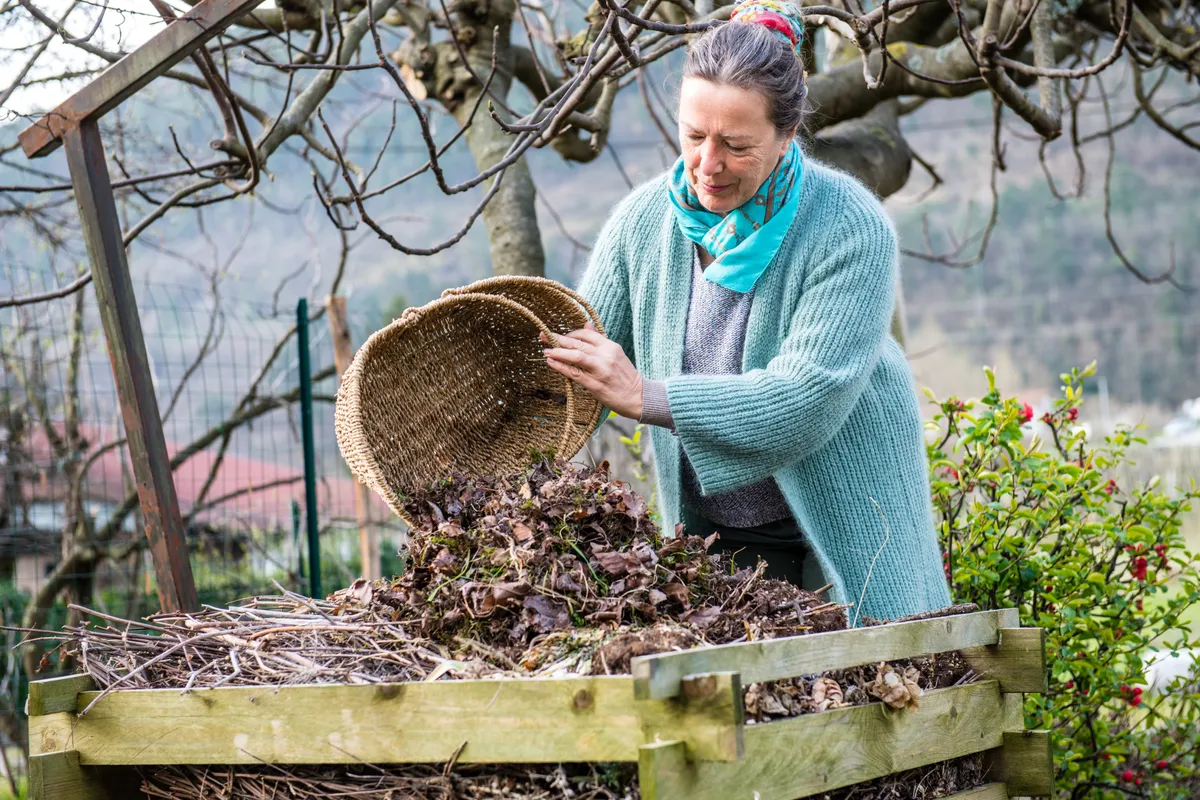
Composting is an inexpensive, natural process that transforms your kitchen and garden waste into a valuable and nutrient-rich food for your garden. Compost will help improve soil structure, maintain moisture levels, and keep your soil’s pH balance in check while helping to suppress plant disease.
Ideally site your compost bin in a reasonably sunny spot on bare soil – it makes it very easy for beneficial microbes and insects to gain access to the rotting material. It also allows for better aeration and drainage, both important to successful composting.
Make a bog garden for wildlife
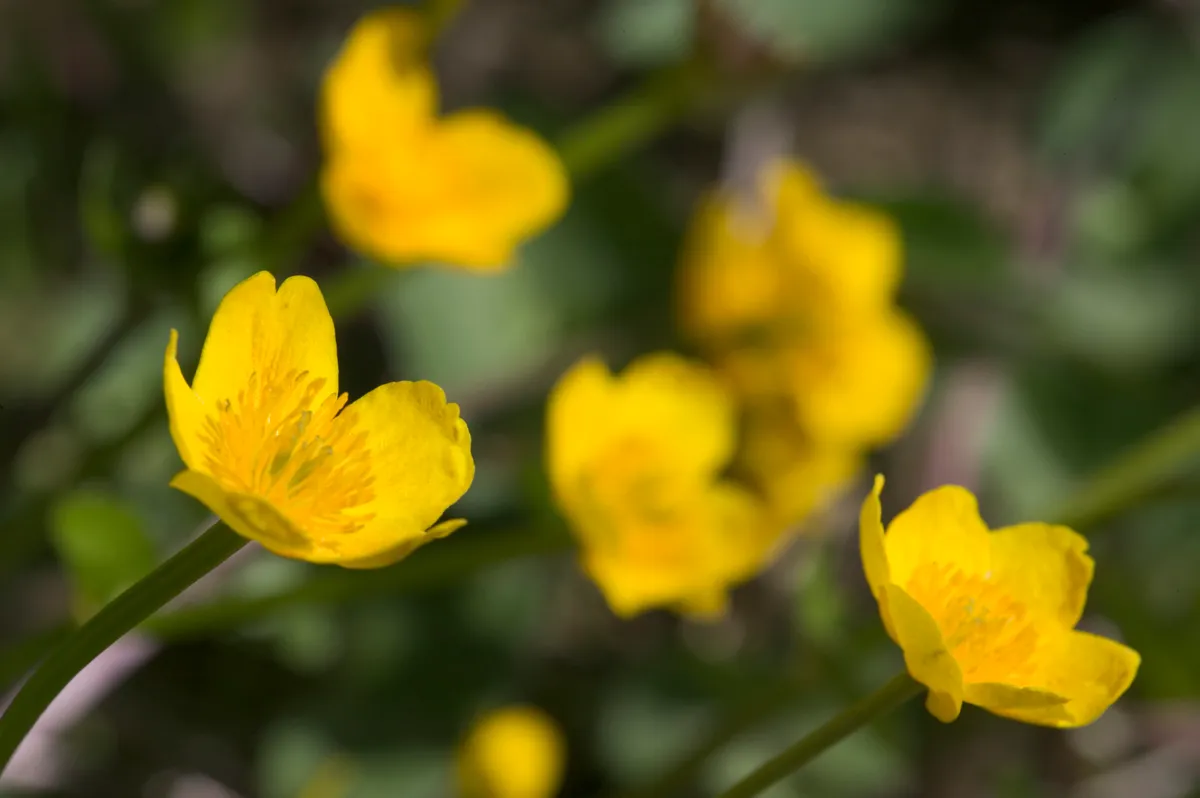
A bog garden is a great alternative to a pond. The difference between them is that one is a pool of standing water while the other is a patch of slow-draining, waterlogged soil that mimics natural bog conditions.
Winter is a great time to lay the foundations of your bog garden, ready for planting up in spring.
Make a bird bath
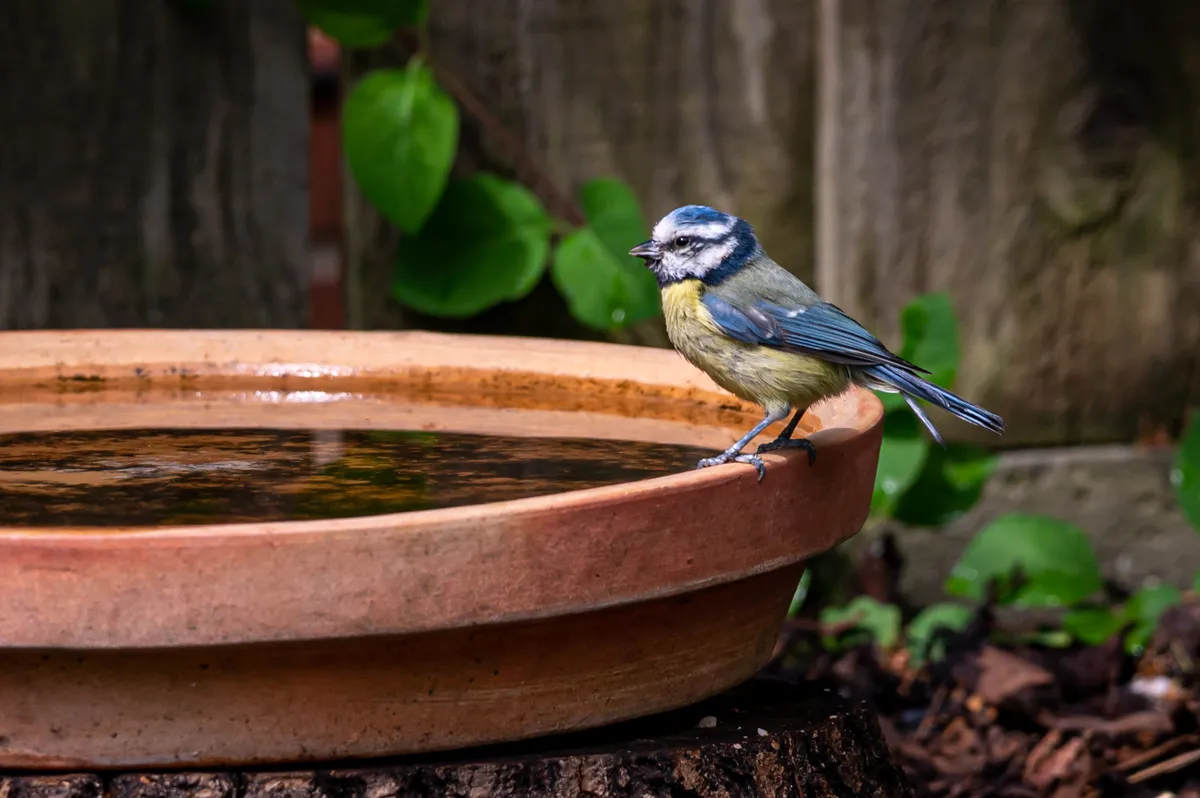
Fresh water is essential for birds, and a bird bath is a simple way to provide it. This lockdown project only requires a few simple materials, most of which you may have lying around in your garden already - the perfect activity for families or beginners to garden projects.
Make a wooden planter
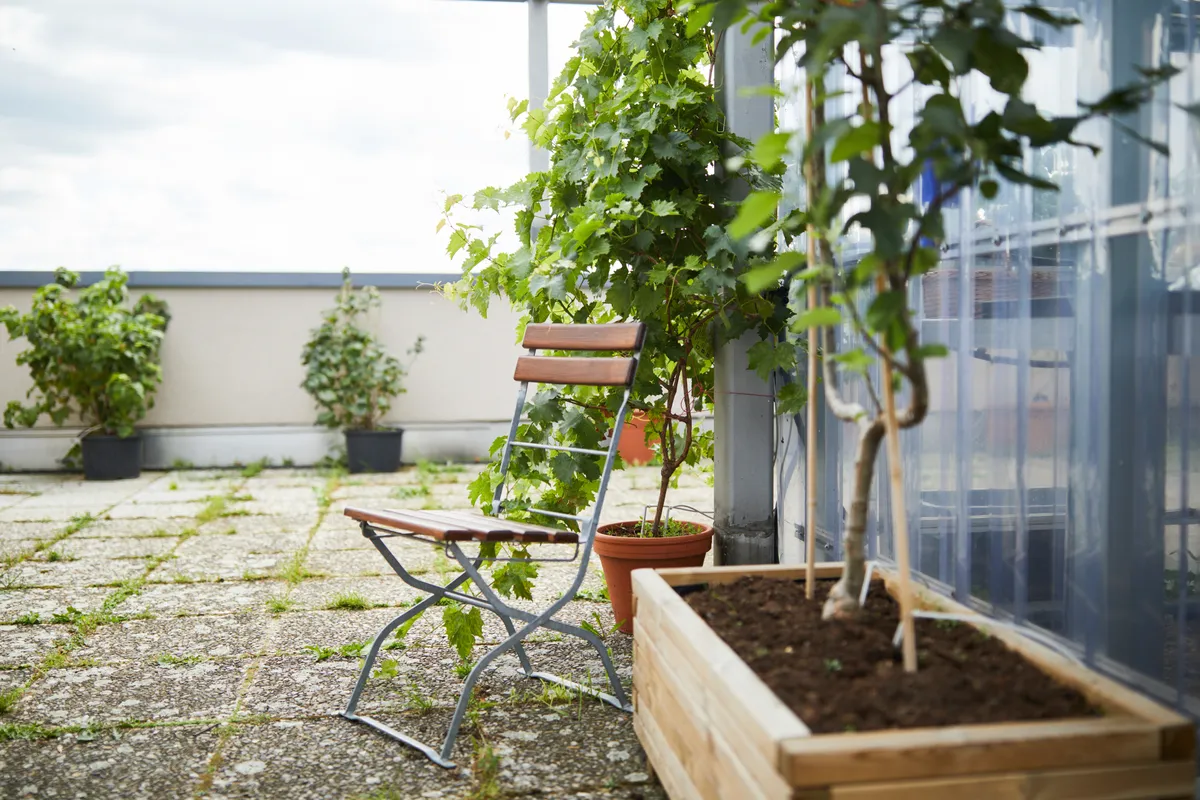
If you're short of space in your garden, or you have a space to fill, making your own wooden planter is the perfect way to create more room for plants, flowers, fruits and vegetables.
It's best to make your wooden planter from treated timber. But if you can't get your hands on new wood, why not try using old wood or wooden pallets that you might have lying around – just make sure you treat the wood.
Build a raised bed
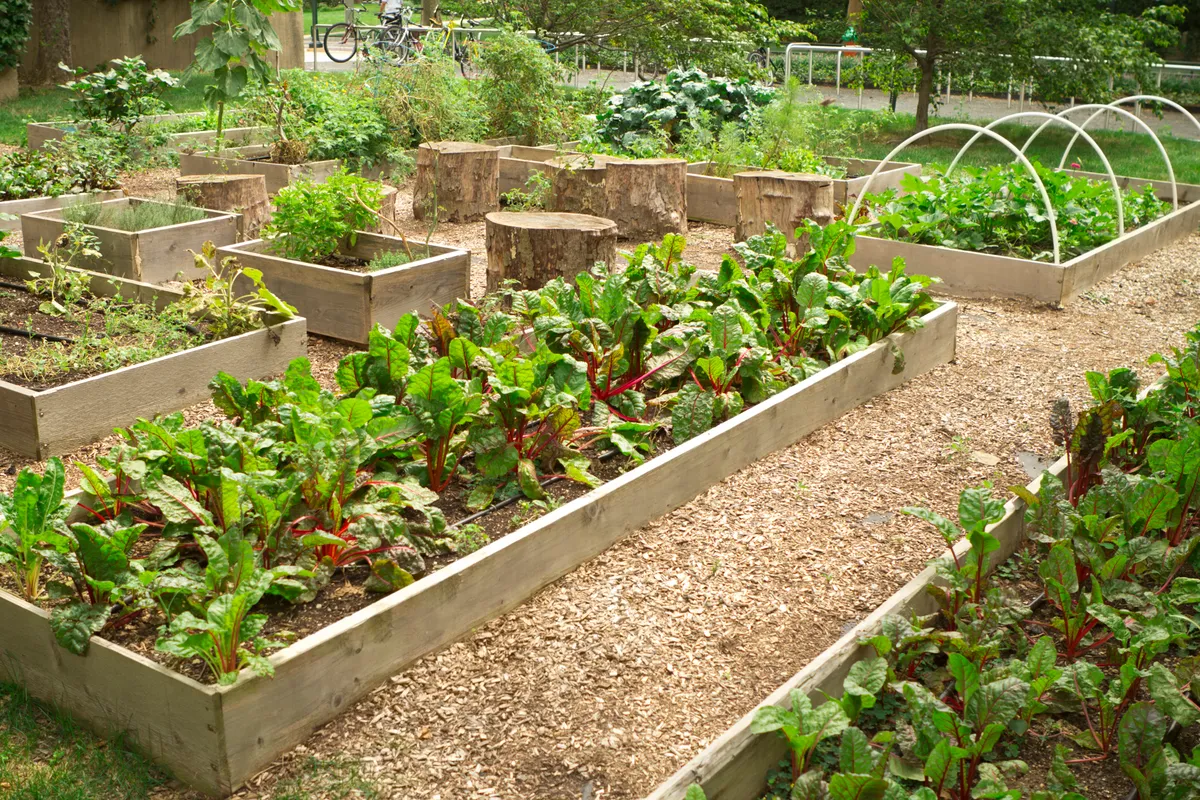
Raised beds are easy to make compared to many garden builds. They can provide a change in elevation, adding interest to the garden, and offer space for vegetables to grow in nutrient-rich soil.
Make a compost bin
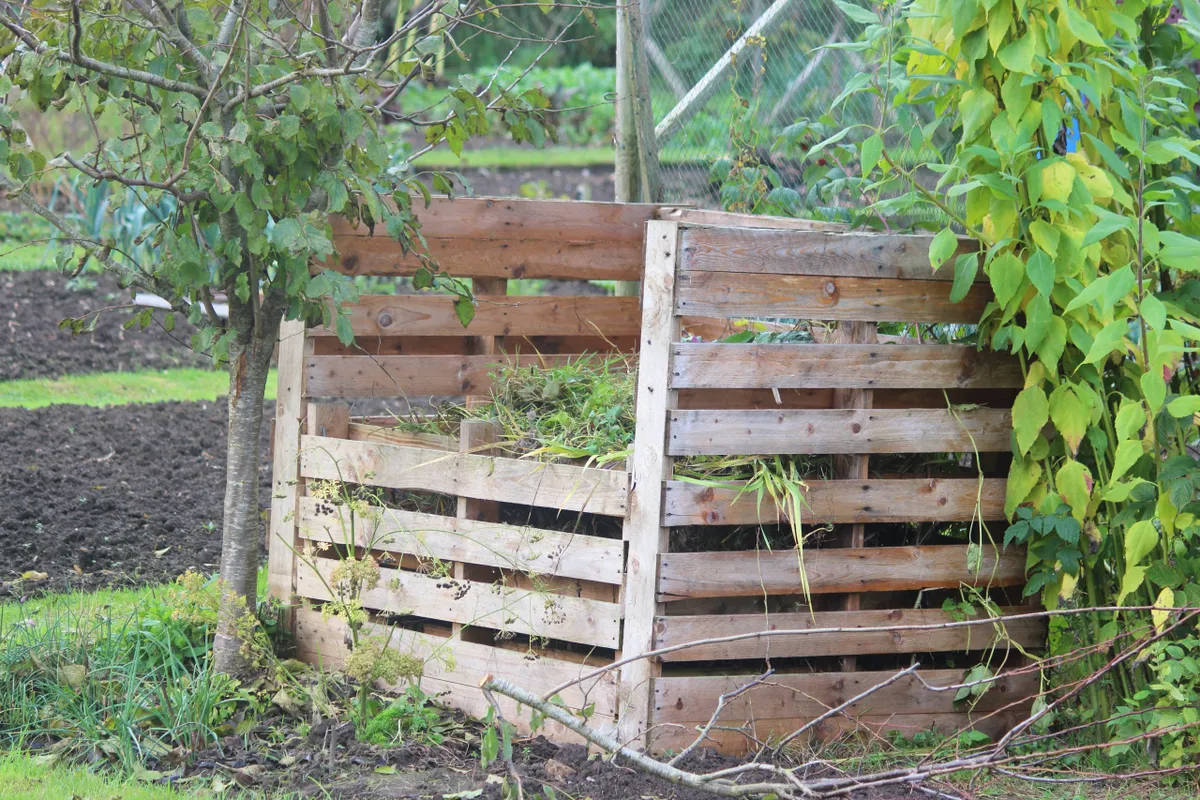
Do you have some old pallets lying around in the garden, ready to be taken to the tip? Instead, why not use them to make a compost bin? It's a great way to recycle old wood. Once built, your compost bin can be filled with kitchen and garden waste, reducing your contributions to landfill.
Build your own smoker
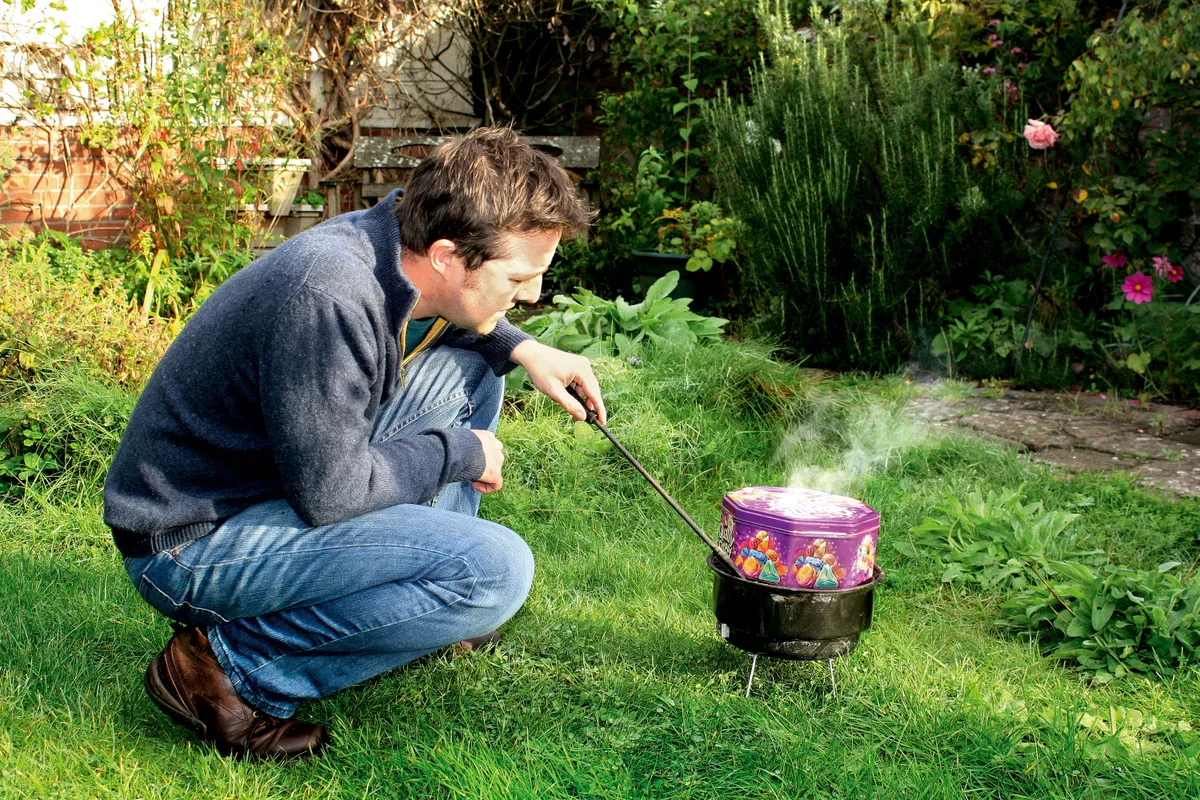
Our ancestors would have smoked meat and fish to ensure a source of protein over winter. Today, smoking adds lovely flavour to meat, cheese and fish. Your homemade smoker can be used in the garden and is a great way to get kids outside.
How to double-dig a vegetable plot
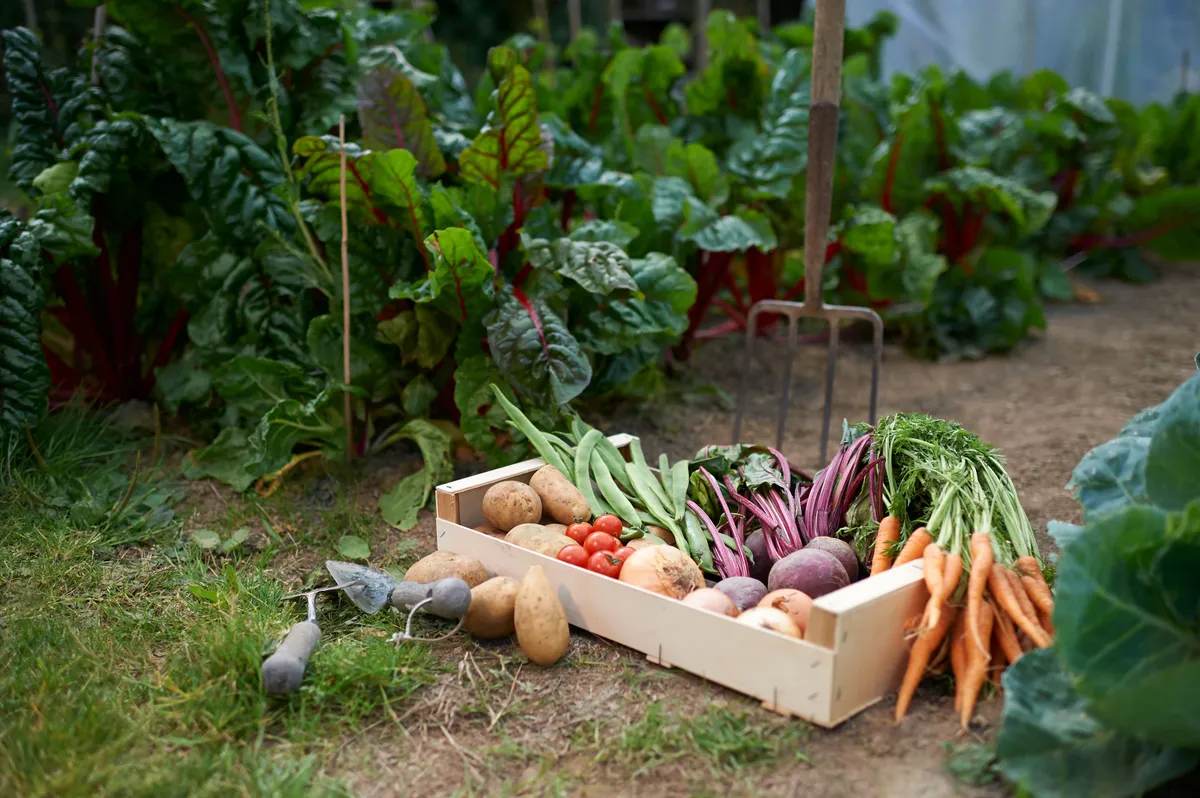
So you want to grow vegetables but don’t have an existing plot? You’ll need to dig up a corner of the garden – and to make sure your new plot is as weed-free as possible, you need to double-dig. It’s hard work but worth it.
How to lay stepping stones
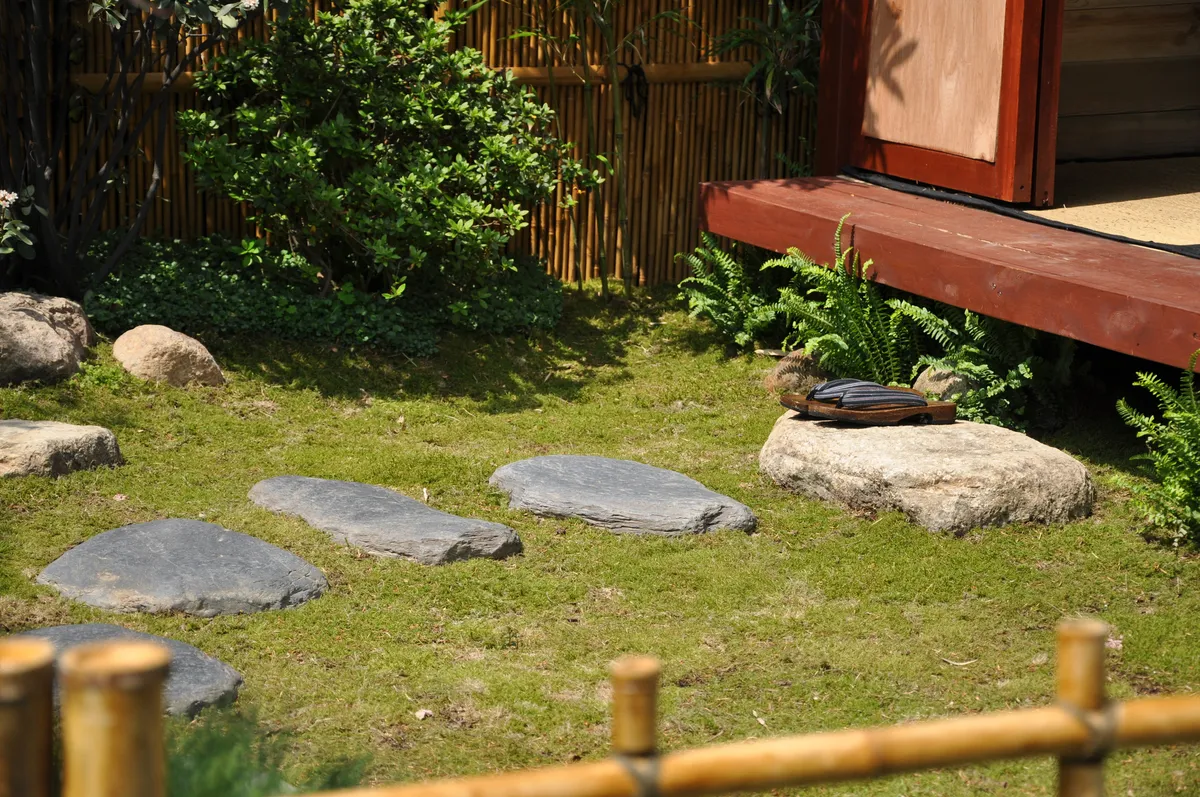
If you're interested in creating a feature in your garden, or wanting to protect your lawn from foot erosion, why not lay some stepping stones? If you can't get a hold of materials, try using old stones from your garden - rustic stones create a more naturalistic look.
Make a nest box
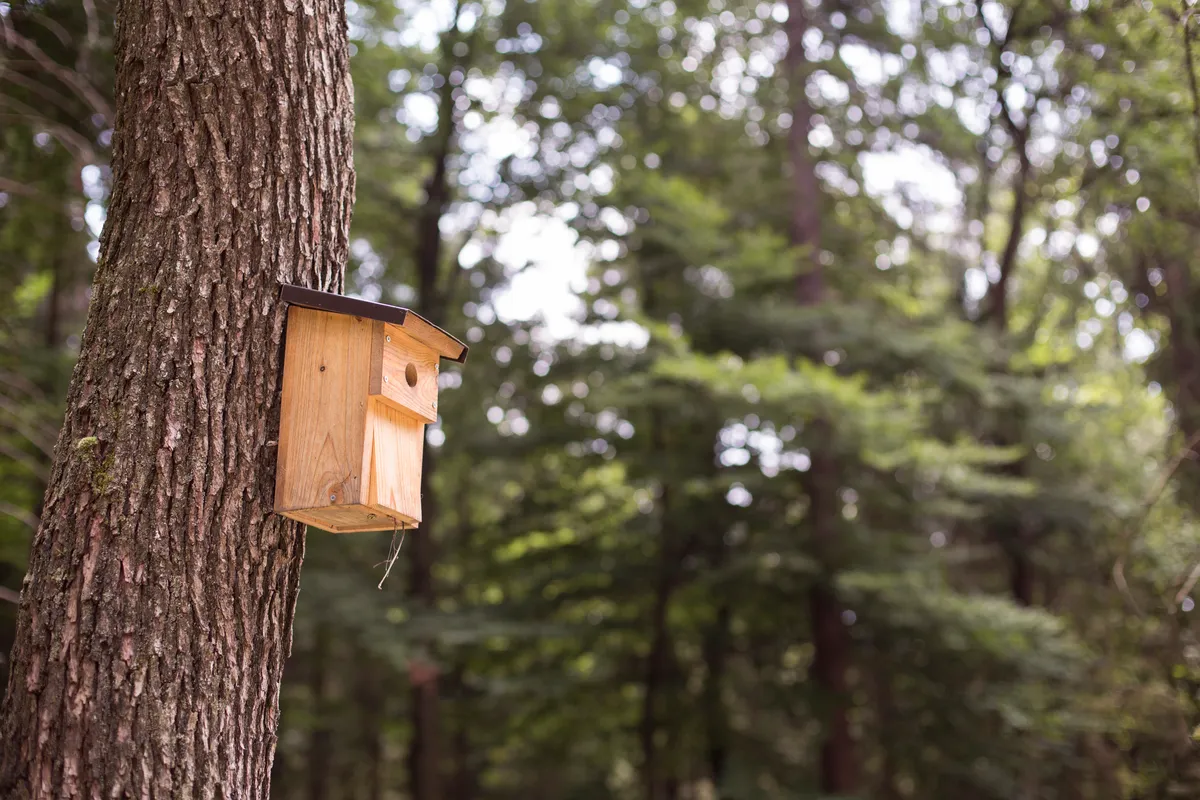
This simple garden project is a great way to use old bits of wood, making very affordable (if not free). Place the nest box out of reach from predators, strong sunlight and windy spots, ideally facing the box to the north-east.
Make wildflower seed bombs
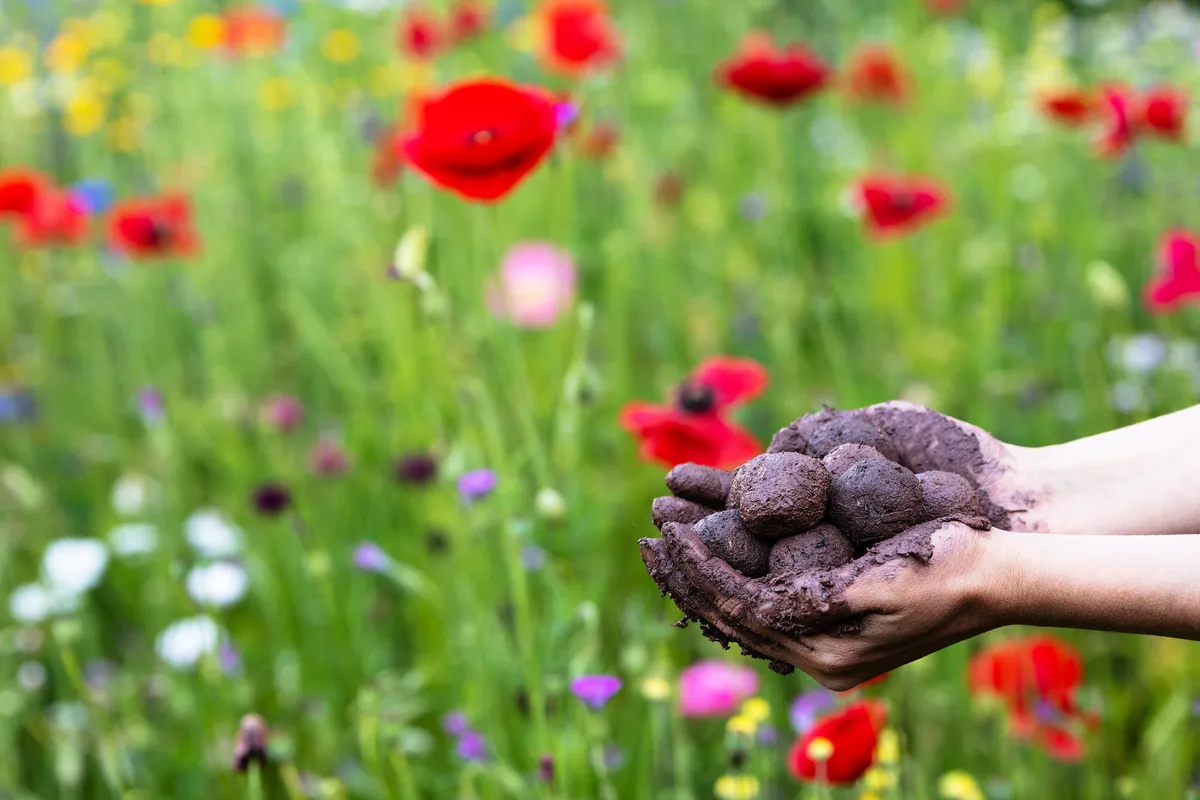
Making your own seed bombs is a fun and easy way to attract pollinators to otherwise-neglected wasteland. You may have dried some seeds over winter, or perhaps you have lots of half-used seed packets lying around. Either way, mix all the seeds together in a bag and give it a good shake before following our guide to making seed bombs. The seed bombs can be thrown in the ground in spring, summer and autumn.
Make a cold frame
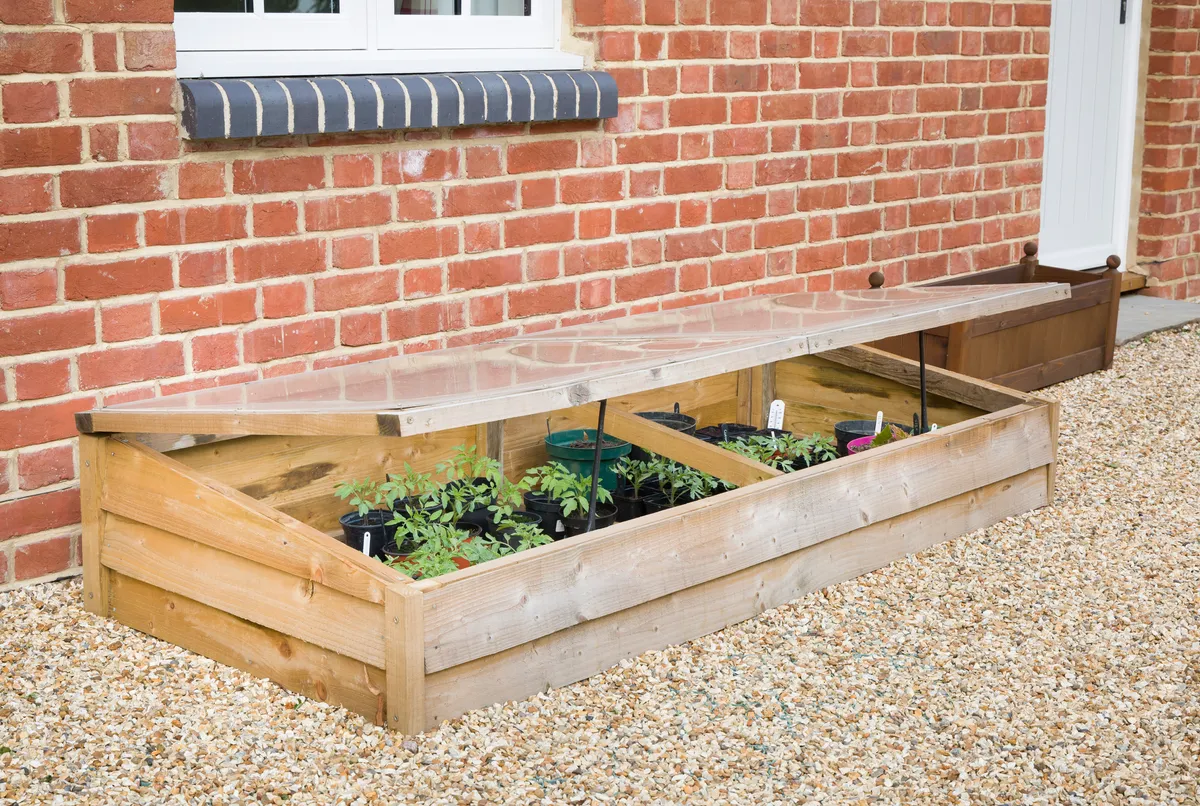
Cold frames are easy to make and you can often use recycled materials to put them together. They are a great addition to any garden, and can be used for sowing seeds, hardening off and taking cuttings. They are also a good place for you to put early and late crops, such as salads.
Make a dead wood habitat
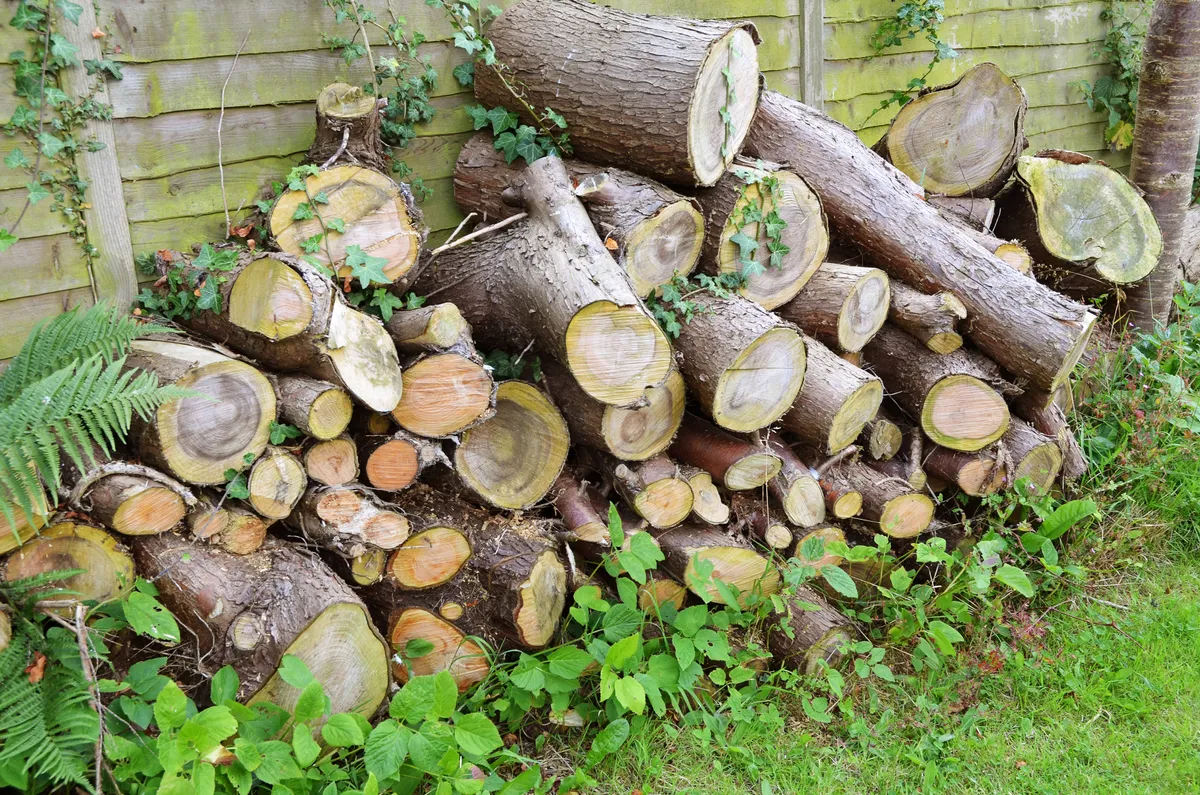
Dead wood habitats are really important for wildlife in our gardens. BBC Gardeners' World take a look at three different types of dead wood habitats that you can create for free, including log piles, wood stacks and wooden fences.
